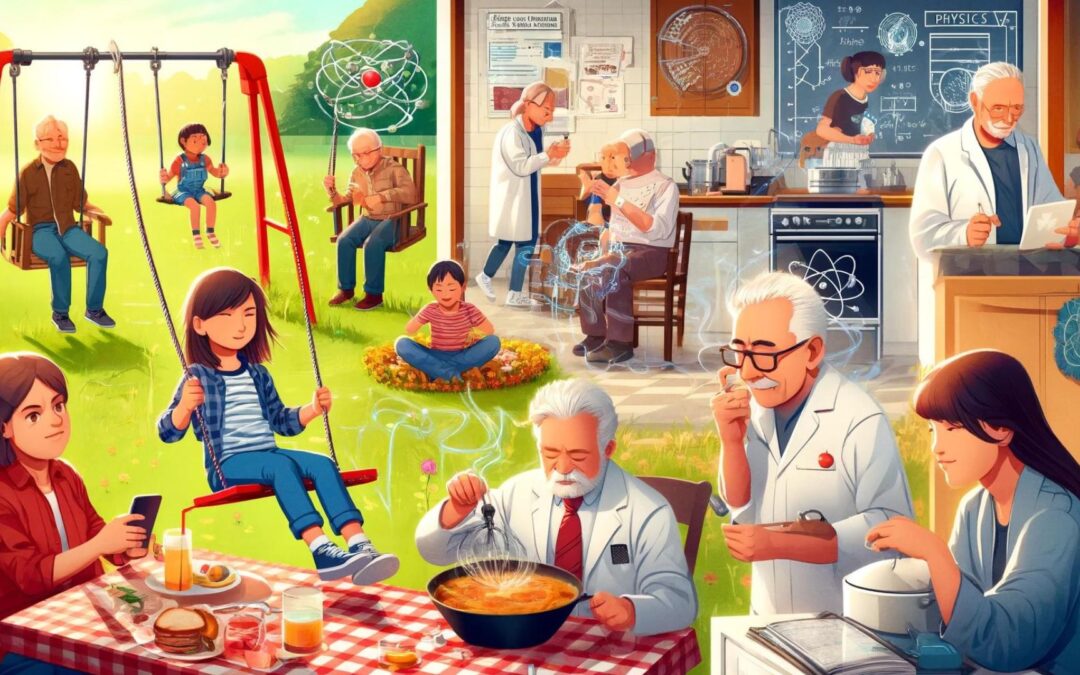Alone, Lonely, and Beyond: Decoding Related Words
While often used interchangeably, words like “alone” and “lonely” carry distinct emotional weights. Understanding these nuances can enrich your vocabulary and help you express yourself with greater precision.
Alone: The Objective State
“Alone” describes the physical state of being by oneself. It’s a neutral word, devoid of inherent emotional implications.
- Examples:
- “After the party, I enjoyed a few moments alone on the balcony.”
- “Working from home means I spend a lot of time alone.”
Lonely: The Ache of Isolation
“Lonely” implies a negative emotional state stemming from a lack of desired connection. It’s a feeling of sadness and longing for companionship.
- Examples:
- “Moving to a new city, she felt lonely without her close friends.”
- “Despite being surrounded by people, he sometimes feels lonely.”
Other Related Terms
Here’s a breakdown of a few other words related to being alone:
- Solitary: A deliberate choice to be alone. It can carry positive or neutral connotations of introspection or peacefulness. (“The artist led a solitary life, finding inspiration in nature.”)
- Isolated: Being separated from others, either physically or socially. Can have negative connotations. (“The remote village was isolated during the snowstorm.”)
- Desolate: A feeling of overwhelming loneliness and emptiness. (“The abandoned house had a desolate atmosphere.”)
Real-Life Applications
Understanding these distinctions allows for more accurate and evocative communication:
- Journaling: Instead of a vague “I feel alone”, consider whether “lonely”, “solitary”, or another word best describes your state.
- Compassion for Others: Recognizing the difference between “alone” and “lonely” can foster empathy for someone experiencing social isolation.
- Literature & Poetry: Authors carefully choose these words to convey specific emotional tones. Pay attention to their usage in your reading.
In Conclusion
While these words center around being alone, they paint vastly different emotional landscapes. By appreciating the subtleties in the language, you can communicate your experiences with greater depth and understanding.












0 Comments